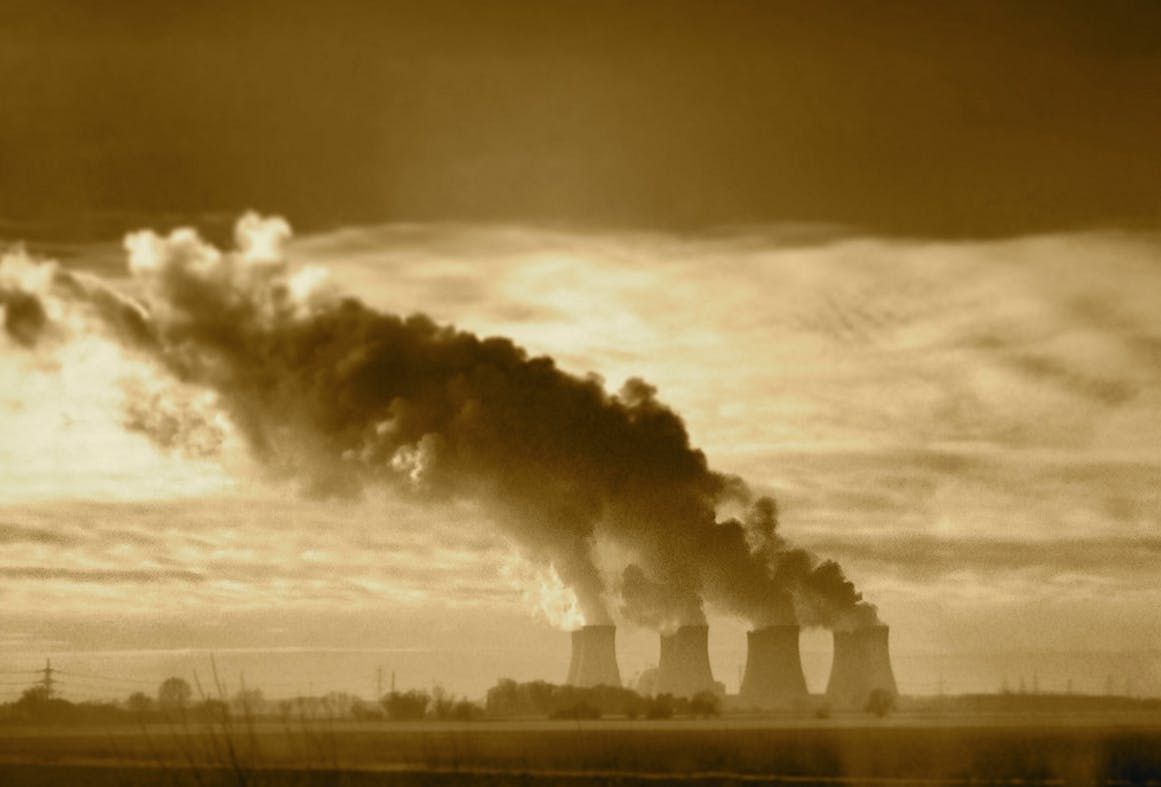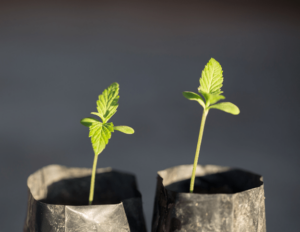As marijuana legalization laws sweep across the country, most consumers
are jumping for joy — widespread marijuana will cut back on potentially
dangerous prescription drugs and help manage complex symptoms in people
with a multitude of conditions. While these factors are indeed true,
marijuana also has a dirty little secret most consumers don’t realize:
it’s a huge energy hog.
Production and Power Supply: How the Two Are Connected
As legalization laws pop up around the country, demand for quality
marijuana products has skyrocketed. All of this demand has given rise to
hundreds of grow operations striving to produce quality products for
consumers; unfortunately, commercial marijuana production in cities like
Denver has proven to be a huge strain on local power supplies.
Here’s why: In Denver alone, there are approximately 354 commercial
cannabis grow operations. In 2014, these grow operations consumed a
whopping 200 million kilowatts of
electricity.
While this number still represents less than 2 percent of Denver’s
overall power supply, electricity usage in the city has been growing at
an annual rate of 1.2 percent, largely due to the ballooning number of
grow
operations.
The reason marijuana cultivation is so energy-intensive comes down to
basic growing practices. Thanks to excessive lights, fans, and cooling
and hydroponic systems required to cultivate cannabis indoors, cannabis
grow operations consume eight times as much electricity per square foot
as a typical office building. While it may seem like the obvious
solution is to place cannabis grow operations outdoors, this idea would
be virtually impossible to do given the current demand for cannabis
products across the country.
While an indoor grow operation is considerably more energy-intensive
(indoor grow lamps are an estimated 500x more powerful than reading
lights), the control allowed by an indoor grow operation is necessary to
continue producing cannabis on a commercial level.
Going Green with Cannabis
While it’s clear cannabis is a significant burden on energy grids around
the country (cannabis production currently accounts for 3 percent of
California’s total
energy
consumption), few cities or states have plans in place to deal with the
increasing demand for cannabis and the strain on the power supply.
Fortunately, there are many ways for environmentally minded consumers to
be part of the solution rather than the problem. Here are a few tips to
support cannabis operations that have less impact on the environment:
- Buy from small operations. Whenever possible, purchase cannabis
from small, local grow operations. While these operations likely
still use lights and heating and cooling systems, their impact on
the energy grid is likely to be far less than that of a major
corporate operation. - Opt for organic. While they may be difficult to find, outdoor,
organic grow operations do still exist. These operations use
significantly fewer resources than large indoor operations and don’t
spray their plants with toxic pesticides, which is a bonus
for consumers. - Look for eco-minded cultivators. Some of the large grow
operations do more to protect the environment. Look for companies
that use sustainable energy systems (like solar, wind or hydro
heating, cooling or energy production) in their
production practices.
While cannabis is certainly a powerful crop for dozens of purposes, the
fact remains that large grow operations make a significant dent in the
energy grid of the cities in which they reside. Fortunately, consumers
can do their part to mitigate this impact by being aware of cannabis’s
energy needs and seeking to support smaller, less harmful operations.






